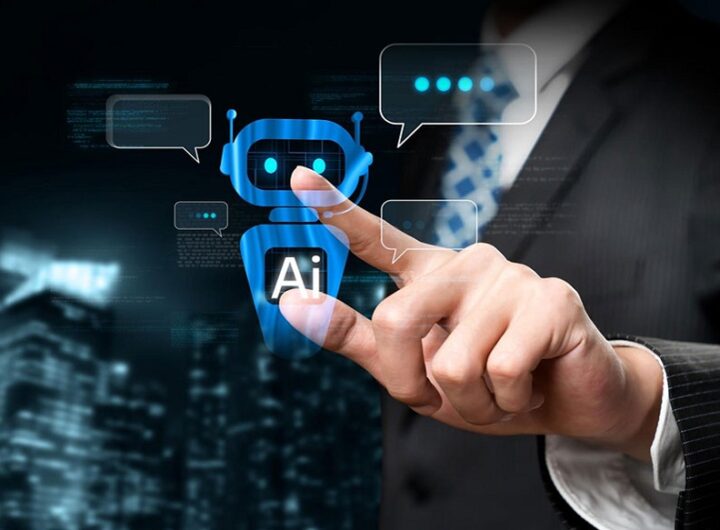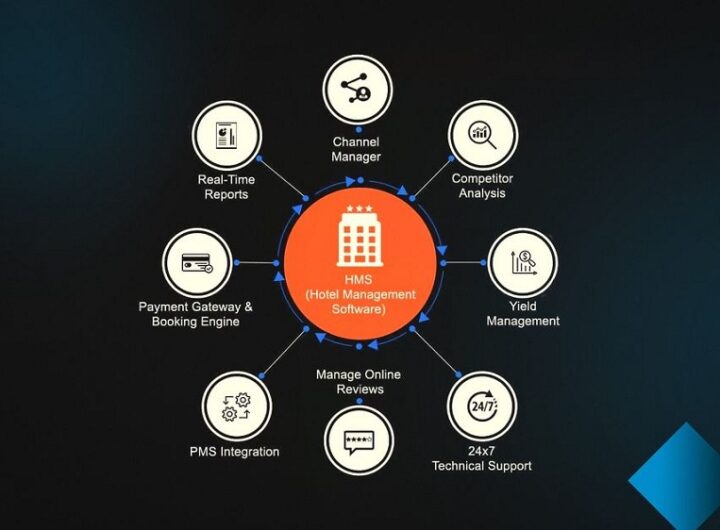
In today’s competitive and regulated markets, engineering and software development teams must manage complex workflows, meet strict compliance standards, and deliver high-quality products at speed. Application Lifecycle Management (ALM) brings structure and visibility across the entire development lifecycle—from requirements and design to testing, release, and maintenance.
To unlock its full value, organizations need the right mix of ALM solutions, expert guidance through ALM consulting, and continuous support via professional ALM services.
What Is ALM and Why It Matters
Application Lifecycle Management (ALM) refers to the integrated management of software development, including planning, development, testing, deployment, and maintenance. Unlike isolated tools, modern ALM platforms provide centralized visibility, cross-functional collaboration, and end-to-end traceability across the lifecycle.
Leading ALM tools like IBM ELM, Codebeamer, and Polarion are used in industries such as automotive, healthcare, aerospace, and manufacturing to ensure:
- Regulatory compliance (e.g., ISO 26262, IEC 62304)
- High-quality product delivery
- Real-time collaboration between global teams
- Continuous integration of updates and feedback
Exploring ALM Solutions
ALM solutions are toolsets designed to bring together all aspects of the development lifecycle into a single, connected environment. These platforms typically include:
- Requirements Management – Capture, prioritize, and trace requirements
- Change and Configuration Management – Track versions, approvals, and changes
- Test Management – Plan and execute test cases, automate validation
- Risk & Compliance Management – Align with safety and regulatory standards
- Collaboration Tools – Support team discussions, document sharing, and agile boards
By using comprehensive ALM solutions, organizations eliminate gaps between teams and reduce the risk of project delays or failures.
The Role of ALM Services
Implementing an ALM platform is just the beginning. To ensure long-term success, teams need ongoing ALM services such as:
- Implementation Support – Tool configuration and onboarding
- Data Migration – Smooth transfer from legacy tools
- Custom Workflows – Tailoring the platform to specific processes
- Training & Enablement – Upskilling teams for adoption
- Performance Optimization – Ensuring the system runs at scale
These services help organizations adapt ALM platforms to evolving business needs and ensure seamless operations.
Why ALM Consulting Is Essential
Every organization has different goals, tools, and challenges. That’s why ALM consulting plays a critical role in aligning your strategy with execution.
An ALM consultant can help you:
- Select the right ALM tool based on your industry and goals
- Define processes and governance for lifecycle management
- Integrate ALM with other enterprise systems (e.g., Jira, Git, PLM tools)
- Establish best practices for compliance, traceability, and scalability
- Create a roadmap for long-term platform maturity
With expert ALM consulting, businesses avoid implementation pitfalls and achieve faster ROI.
Conclusion: Accelerate Innovation with the Right ALM Partner
Whether you’re modernizing legacy systems or implementing ALM for the first time, the right blend of ALM solutions, professional ALM services, and strategic ALM consulting is key to success.
MicroGenesis, a trusted ALM consulting services provider, helps organizations streamline engineering processes, improve product quality, and ensure compliance. Our experts deliver tailored ALM strategies that align with your technology stack, industry requirements, and business goals.
Looking to enhance your development lifecycle? Contact us our Partner with MicroGenesis for expert ALM consulting and end-to-end services.

 From Concept to Deployment: A Practical Guide to Building AI Agents
From Concept to Deployment: A Practical Guide to Building AI Agents  How an Answering Service Can Simplify Scheduling and Site Coordination for General Contractors in NYC
How an Answering Service Can Simplify Scheduling and Site Coordination for General Contractors in NYC  Methods for Verifying Email Address Owner Details
Methods for Verifying Email Address Owner Details  Why Mobile App Is Important For Your Business?
Why Mobile App Is Important For Your Business?  What are the top things that guests love the most about a hotel?
What are the top things that guests love the most about a hotel?  Watch the Promise of a Transformed Television Come to Life
Watch the Promise of a Transformed Television Come to Life  The Editor’s Dream: User Experience in an Advanced CMS for Media Companies
The Editor’s Dream: User Experience in an Advanced CMS for Media Companies  Streamlining Product Development with ALM Solutions, Services, and Consulting
Streamlining Product Development with ALM Solutions, Services, and Consulting  The Hidden ROI of Hiring a SaaS Marketing Agency
The Hidden ROI of Hiring a SaaS Marketing Agency